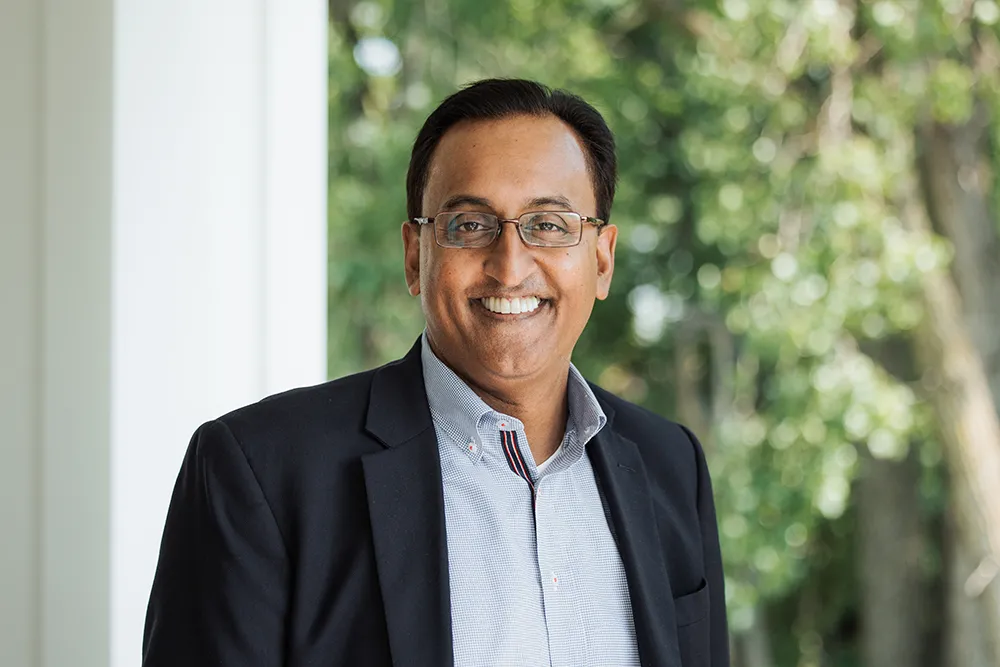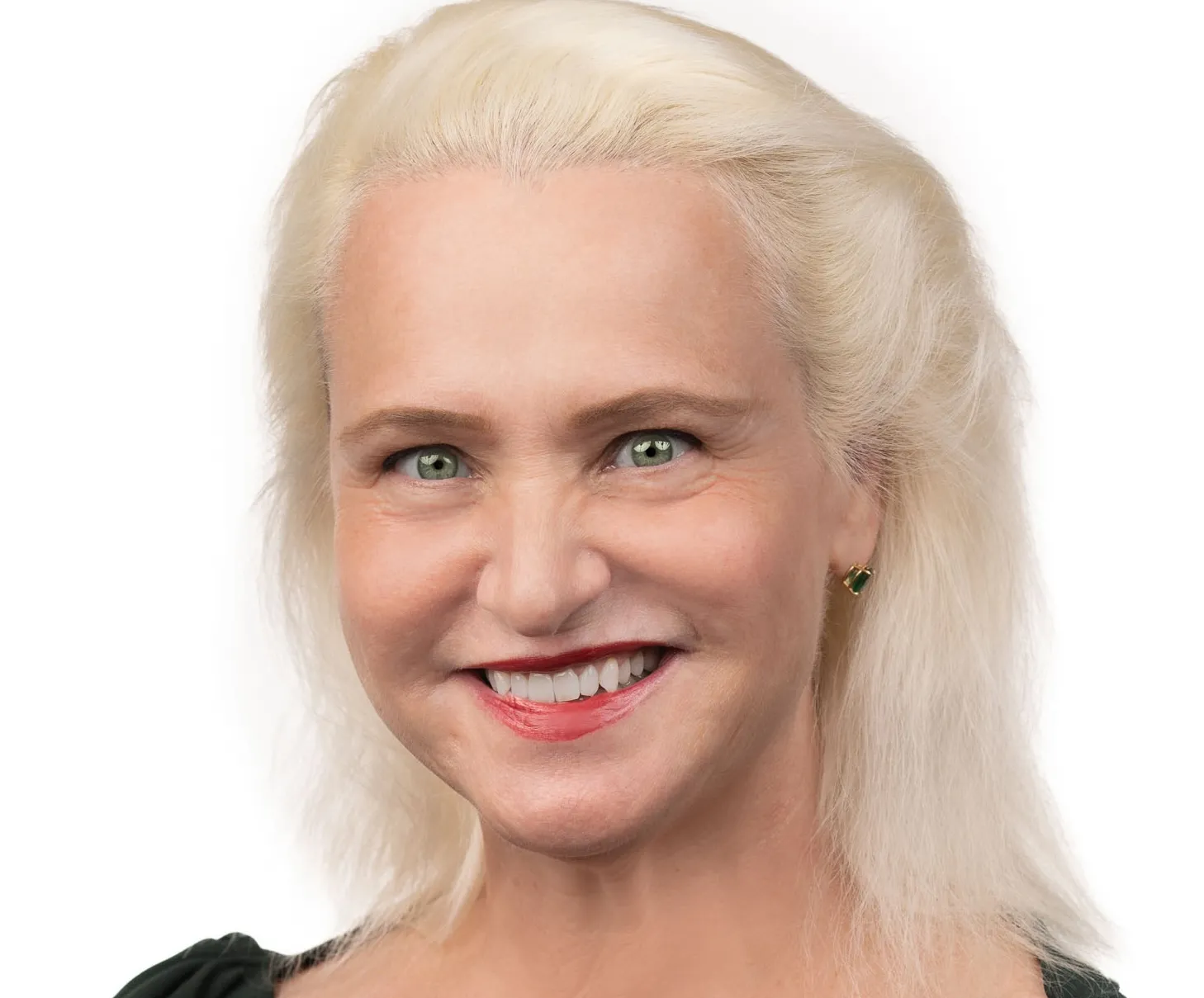R. Michael Smith, '75: Nurturing Education to Help a Struggling Nation
Last fall, R. Michael Smith, '75, assumed the roles of General Counsel to the American University of Afghanistan (AUAF) and special assistant to the university's president. AUAF is Afghanistan's only private, independent, nonsectarian, coeducational university based on the American liberal arts model.
Smith's involvement in Afghanistan began in 2003, when he was asked by a law-firm colleague to help in a pro bono project to create a new commercial code for Afghanistan. Smith led the part of that project related to his career-long specialization in labor and employment law.
After visiting Afghanistan and meeting with government ministers and with President Karzai, Smith developed a commitment to the country's success that led him into many other ventures, including participating pro bono in the defense of more than twenty Afghan detainees at Guantanamo Bay; representing Afghanistan in lawsuits related to the events of September 11, 2001; serving on the boards of directors of organizations that include the Afghan-American Chamber of Commerce and the Afghan Trusted Network; and creating Project Afghanistan, a partnership between Kabul University and his college alma mater, Colgate.
"The Afghan people are strong, accomplished, hard-working, and proud. Most importantly for this moment, they are amazingly resilient. I wanted to help them in whatever ways I could to make the best future for their country," Smith says.
In his current role, he is establishing policies to guide the administration at AUAF, which accepted its first students in 2006. He advises the university's president and administrators on day-to-day matters and carries out many administrative functions on the president's behalf. He says he admires the students at AUAF, who have overcome numerous hardships in order to pursue a college education. "Most of them, especially the women, risked their lives to study during the Taliban regime, and they now attend classes after working full-time during the day to support their families," he observes.
Afghanistan today is a different place than he encountered on earlier visits, Smith says-far less secure and seemingly more fragile as a nation. He recalls that when he began representing Guantanamo detainees in 2005, he traveled freely around the country and into Pakistan to meet and talk with the detainees' families. Today, by contrast, it is unsafe for him to leave his residence and venture into many areas of Kabul unless he's accompanied by an armed security guard. "It's a hundred and eighty degrees different now. The insurgents are a threat everywhere," he observes.
He had hoped to bring his wife to be with him in Afghanistan as the last of their three children leaves home for college this year, but has had to reconsider. "Security concerns would severely limit her freedom of movement. I won't ask her to join me," he says.
In part, he blames rampant corruption for the continuing destabilization of Afghanistan, citing a recent poll showing that a substantial majority of Afghans view corruption as a far greater problem than the Taliban. "About five percent of people here support the Taliban. It's their own government's serious shortcomings that they dislike and worry about most. If corruption was curtailed, the insurgency would wither on the vine," Smith says.
Smith cites two factors as having influenced his commitment to Afghanistan and its people. "My mother was an avid and engaged traveler," he recalls. "If there was somewhere interesting to go, her bags were packed. I think some of that rubbed off on me."
"And then," he adds, "there was my time at the University of Chicago Law School, which was the most intellectually exhilarating period of my life. It may sound perverse, but I loved every minute of law school, challenging and harsh as it sometimes was. I think it brought out the best in me. I feel the same about my work with Afghanistan-the challenges I've taken on have invigorated me in ways similar to my days at the Law School. I'd like to see this country succeed, and I know it can."
Active in the National Association of College and University Attorneys, he wants to become a general counsel at a U.S. university after his work at AUAF ends later this year.


